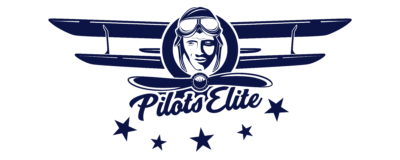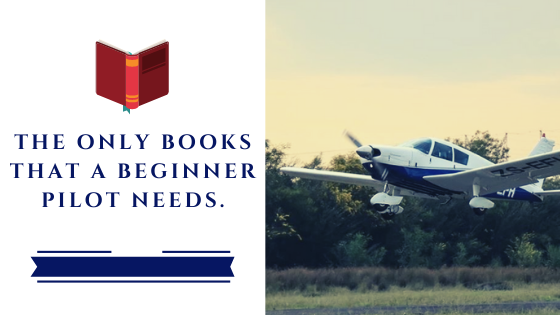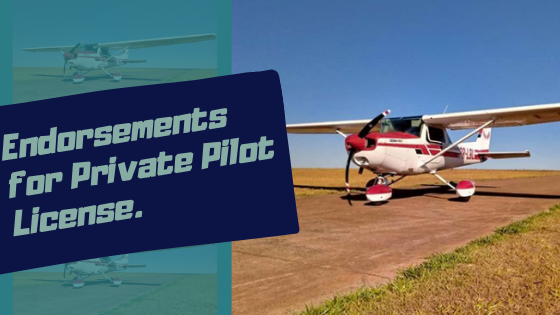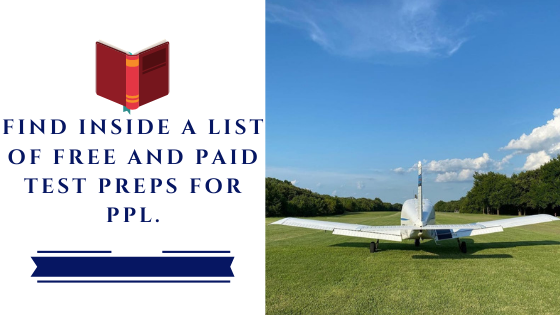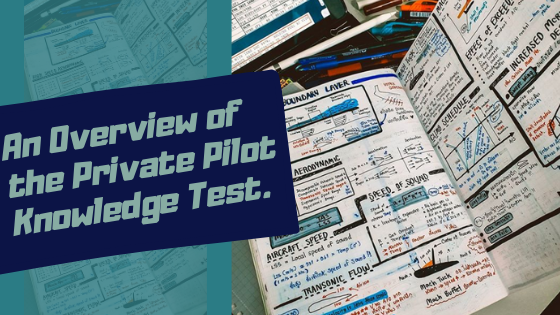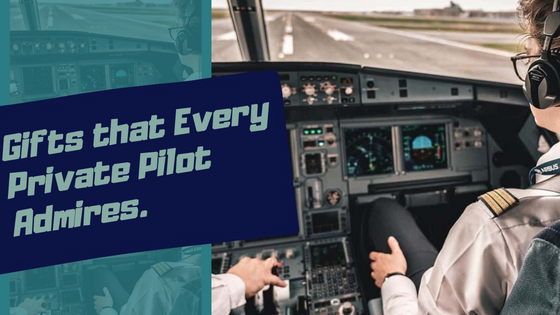Private pilot license medical requirements.
To obtain a Private Pilot License (PPL), there are specific medical requirements to ensure that the individuals are both physically and mentally fit to fly an aircraft.
Here are some of the vital medical requirements for obtaining a PPL in the United States:
Medical Certification: The applicant must obtain a medical certificate from the FAA that indicates their medical fitness to fly an aircraft. There are three types of medical certificates. Those are first class, second class, and third class.
Medical Standards: The applicant must meet the medical standards set by the FAA. These standards enfold various medical health like cardiovascular, neurological, mental, and substance abuse.
Medical Exemptions: In some cases, individuals might obtain a medical exemption if they have a medical condition that does not meet the FAA’s medical standards but can be managed with proper treatment.
Certain medications can remarkably impact a pilot’s capability to fly safely. Here are some examples of drugs and their effects:
Sedatives and Tranquilizers: These medications can cause confusion, drowsiness, and impaired judgment. They can also slow down reaction times, which can be very dangerous in an emergency.
Antihistamines: Antihistamines are commonly used to treat colds and allergies. However, they can cause drowsiness and impair cognitive function, making it difficult for a pilot to make quick decisions and react to changing conditions.
Beta-blockers: Beta-blockers are often used to treat anxiety and high blood pressure. However, they can cause dizziness, fatigue, and decreased mental alertness, affecting a pilot’s ability to fly safely.
Narcotic Pain Medications: Narcotic pain medications can cause slow reaction times, drowsiness, and impaired cognitive function. They can also cause vomiting, nausea, and dizziness, which can be very dangerous on a flight.
Antidepressants: Antidepressants can cause fatigue, drowsiness, and impaired cognitive function. They also can cause mood changes, which can be very dangerous in a high-stress environment.
The pilots must consult with a qualified aviation medical examiner and unfold all their medications. Pilots also need to be aware of the potential side effects of their drugs and avoid flying if they are experiencing any adverse effects.
Medical Examination: The applicant must undergo a medical examination performed by an FAA-designated medical examiner, which includes a physical exam, vision, and hearing test.
Here are some practical tips to pass the medical examination for a private pilot license:
Get a Good Night’s Sleep: Being well-rested for the medical examination is essential. Make sure that you get a good sleep the night before your appointment.
Stay Hydrated: Drink plenty of water before your appointment to stay hydrated. Dehydration can affect your blood pressure and other vital signs, impacting your medical exam results.
Avoid Caffeine and Other Stimulants: Caffeine and other stimulants can increase your heart rate and blood pressure, affecting your medical exam results. Avoid them before your appointment.
Prepare your Medical History: Gather all the information you need about your medical history before your appointment. This will help you answer the medical examiner’s questions accurately.
Review the FAA Medical Standards: Familiarize yourself with the FAA medical standards to ensure that you meet the minimum requirements for a private pilot license. This will also help you understand what the examiner will look for during your exam.
Note: The medical examination will ensure you are healthy and fit to fly safely. Following these tips and being honest with the aviation medical examiner can increase your chances of passing the exam and obtaining your private pilot license.
Special Issuance: A Special Issuance is a process used by the Federal Aviation Administration (FAA) to grant medical certification to individuals who do not meet the medical standards to get a private pilot license. The process involves additional medical evaluations and documentation to demonstrate that the individual can safely operate an aircraft.
Here are some things to keep in mind if you are considering applying for a Special Issuance for a private pilot license:
Understand the Requirements: The FAA has specific medical standards that must be met for a private pilot license. If you have such a medical condition, which does not meet these standards, then you can obtain a Special Issuance if you can clarify that you can operate an aircraft safely.
Consult with an Aviation Medical Examiner: An aviation medical examiner (AME) can help you understand the requirements for a Special Issuance and guide you through the application process. The AME can also help you determine what additional medical evaluations and documentation may be needed.
Complete the Medical Evaluation: You will need to complete additional medical evaluations, which may include visits to specialists, diagnostic tests, and medical treatment. You will also need to provide documentation of your medical history and current medical condition.
Submit your Application: Once you have completed the medical evaluation and gathered all the necessary documentation, you can submit your application for a Special Issuance. The FAA will review the application and decide based on your medical history, current medical condition, and ability to operate an aircraft safely.
Be Patient: The Special Issuance process can take several months to complete, so be patient and stay in contact with your AME. The FAA may also require additional evaluations or documentation, so be prepared to provide any other requested information.
It’s important to note that medical requirements for a PPL can vary depending on the country or aviation authority that issues the license. However, the initial goal of these requirements is to ensure that the pilots are healthy and fit enough to fly an aircraft safely.
